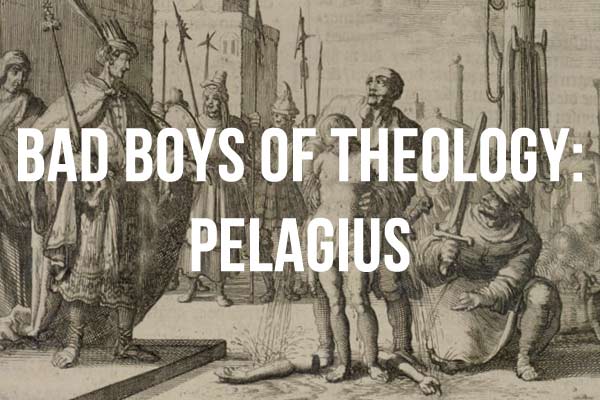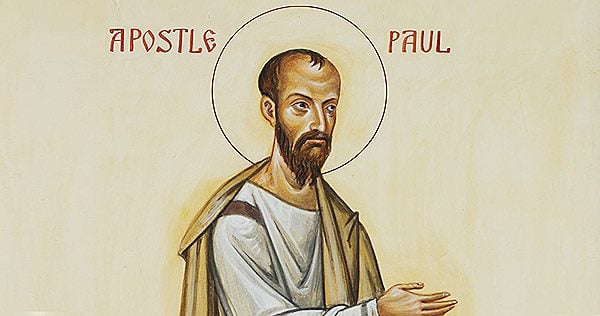I have a real problem with classical apologetics. That is for two main reasons. One is that they lead to a generic deity, not necessarily the God of the Bible. Arguing, for example, from a supposed "first cause" could as easily be fulfilled by Allah or Zeus. The other reason is that they concede, as a starting point, that God does not necessarily exist. That concession is supposedly to establish a common ground with the unbeliever. Common ground with unbelief? What does that Bible say about that? "What portion does a believer share with an unbeliever?" (II Corinthians 6:15). The starting point of the Christian apologist is with something that Scripture denies! And I have even seen R. C. Sproul, a man whom I otherwise respect, go though his apologetics system in order to determine, not that God is necessarily who the Bible says He is, but rather that God probably exists. "Probably exists" means "maybe doesn't exist." How is that a God-honoring apologetic? I don't believe that it is. And that is probably why you never see the Apostles use such an approach.
What is the biblical apologetic? "I shall have an answer for him who taunts me, for I trust in Your word" (Psalm 119:42). Do you recall the answers that Jesus made to Satan during His temptation (Matthew 4, Mark 1, Luke 4)? Did He try to find common ground with Satan? Of course not! Rather, He rebuked the Devil with Scripture!
In apologetics, we must remember one thing: the unbeliever, regardless of his claims, does not really believe that God does not exist. On the contrary, he knows perfectly well that God exists, but is suppressing that knowledge (Romans 1:18-22). Thus, there is no need to establish a common ground. The believer and the unbeliever share a common belief in God. The difference is that one is living according to that belief, while the other is living contrary to it. That is why unbelief is inherently irrational and unstable. And exposing that irrationality was Paul's methodology when he preached at the Areopagus (Acts 17:16-34).
In His word, God has given us the most-powerful weapon possible for our spiritual conflict: "For the word of God is living and active, sharper than any two-edged
sword, piercing to the division of soul and of spirit, of joints and of
marrow, and discerning the thoughts and intentions of the heart" (Hebrews 4:12; see also Revelation 1:16 and 2:16). And He guarantees its success: "So shall My word be that goes out from My mouth; it shall not return to Me empty, but it shall accomplish that which I purpose, and shall
succeed in the thing for which I sent it" (Isaiah 55:11).
NEW LEXICON SUPPORTS PRETERISM!
3 days ago










